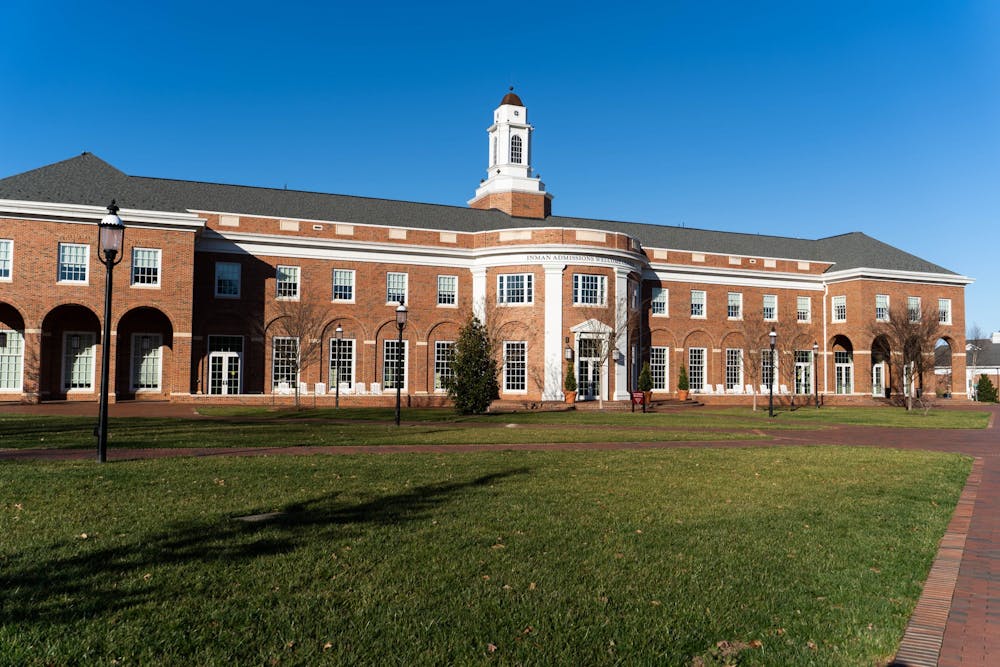Correction on March 4 at 11:04 a.m.: The headline has been corrected to accurately reflect the increase in applications.
Since his first campus tour, freshman Matthew Schultz said he knew he belonged at Elon University. He applied early action in Fall 2018 and was accepted that December.
A year later, Schultz’s younger brother, Alex, is also applying to Elon — but he’s using a completely different process.
Elon began accepting the Common Application for the first time this August, joining other North Carolina universities, including Duke University, Wake Forest University, University of North Carolina Chapel Hill and University of North Carolina Greensboro.
The Common App is a college application service used by nearly 900 colleges in the U.S. and over 50 international universities. The service allows prospective students to submit their personal information, test scores and essays to multiple institutions from the same website. According to the Common App’s website, more than one million students use the platform each year.
Schultz said he enjoyed answering the short essay prompts on Elon’s application but would have preferred to apply through the Common App.
“I personally felt like the Common App was pretty nice just because you didn’t have to reenter your data all the time,” Schultz said. “I know that for high school students there’s less willingness to dig around for the application on a school’s website.”
Greg Zaiser, vice president for enrollment, wrote in an email that 95% of this year’s freshmen applications were submitted through the Common App, 3% were submitted through the Elon Application and 2% were submitted through the Coalition Application, a platform similar to the Common App. Zaiser declined to interview in-person with Elon News Network.
“The fundamental reason we joined the Common App was to provide greater access to Elon for students,” Zaiser wrote. “The Common App is how (and why) students apply to college where they do, and we believe this is a strong way to reach a wider audience domestically and internationally.”
According to Zaiser, 15,208 first-year applications have been submitted so far, which is a 46% increase in applications from last year. The application season for the next academic school year ended on Jan. 10, but Zaiser said applicants may still be accepted on a space-available basis.
Zaiser also confirmed an increase in international, LGBTQIA, male, first-generation, African-American, Latinx, Asian/Pacific Islander, Native American, Alaskan Native and multiracial student applications.
Although the admissions process is not yet complete, Zaiser anticipates a decline in admissions rates because of the influx of applications. Elon’s new admissions rate will be determined prior to the release of Regular Deadline decisions in late March.
Zaiser said Elon will remain on the Common App for the foreseeable future.


